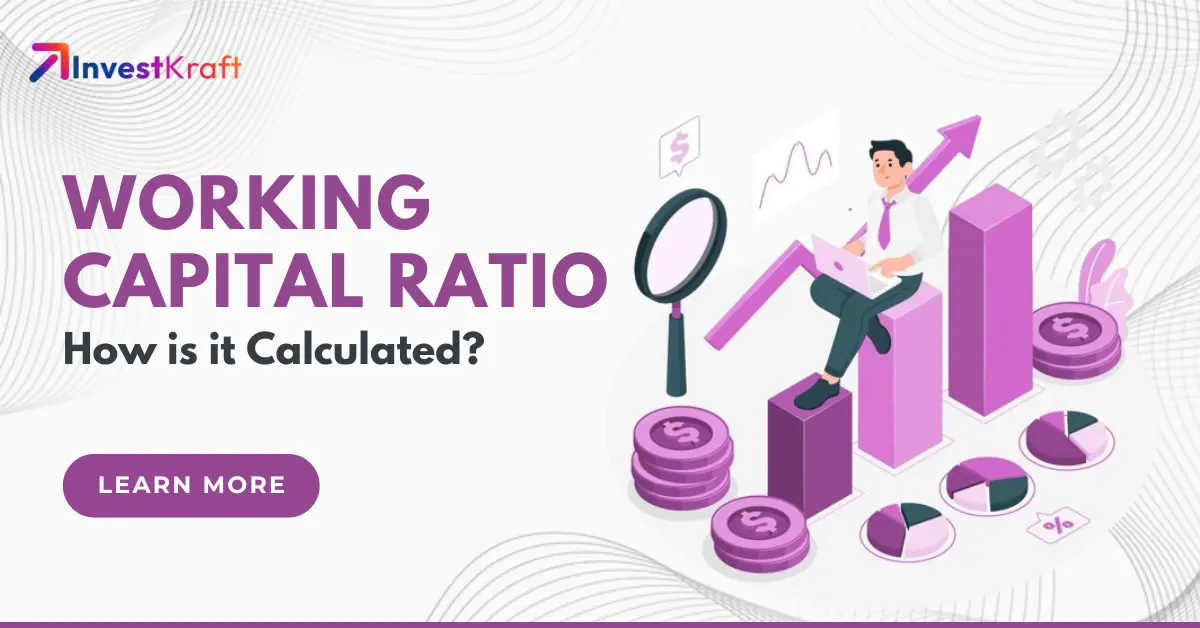What is the Difference Between a Bank and NBFC

Financial institutions are the backbone of modern economies, serving individuals, businesses, and governments alike. Among these, banks and Non-Banking Financial Companies (NBFCs) stand out as key players in meeting diverse monetary needs. But what sets them apart?
This blog dives into the differences between banks and NBFCs, exploring their roles, regulations, and offerings to help you make informed financial decisions.
What is a Bank?
A bank is a government-authorized financial institution that accepts deposits from the public and provides loans, operating under strict regulations. In India, banks are governed by the Banking Regulation Act of 1949 and the Reserve Bank of India (RBI) Act of 1934. Commercial banks, the most common type, offer services like savings and current accounts, check facilities, and loans for personal or business needs, such as mortgages or small business financing.
Banks play a critical role in maintaining economic stability by facilitating payments, managing deposits, and creating credit. Their key functions include:
- Accepting demand and time deposits
- Issuing checks, drafts, and debit cards
- Providing loans and credit facilities
- Investing in securities
- Paying interest on deposits
Due to their systemic importance, banks are heavily regulated to ensure financial security and public trust.
What is a Non-Banking Financial Company (NBFC)?
An NBFC is a financial institution registered under the Companies Act of 2013 (or 1956, depending on its establishment) and regulated by the RBI. Unlike banks, NBFCs do not hold a banking license, which limits their scope of operations. They provide specialized financial services, such as business loans, equipment financing, gold loans, and investment products, but they cannot accept demand deposits (e.g., savings or current accounts).
NBFCs cater to niche markets and underserved segments, offering flexibility and faster loan approvals compared to banks. Their activities include:
- Accepting fixed and recurring deposits
- Offering loans against assets (e.g., gold, vehicles)
- Providing investment options like mutual funds and insurance
- Paying interest on deposits
As of 2025, NBFCs continue to grow in India, bridging gaps in financial inclusion where traditional banking falls short.
Banks vs. NBFCs: Key Differences
While both banks and NBFCs provide financial services, their operations, regulations, and offerings differ significantly. Here’s a detailed breakdown:
Regulation and Licensing
- Banks: Governed by the Banking Regulation Act of 1949 and the RBI Act of 1934, requiring a banking license.
- NBFCs: Registered under the Companies Act and regulated by the RBI, but without a banking license.
Services Offered
- Banks: Provide a wide range of services, including loans, credit cards, money transfers, and payment facilities (e.g., checks, online banking).
- NBFCs: Focus on niche offerings like mutual funds, insurance, stock investments, and asset-backed loans.
Deposit Handling
- Banks: Accept demand deposits (withdrawable anytime) and use them for lending.
- NBFCs: Accept only time-bound deposits (e.g., fixed deposits) and cannot offer demand deposit accounts.
Foreign Investment
- Banks: Limited to 74% foreign direct investment (FDI).
- NBFCs: Can accept up to 100% FDI, making them attractive for global investors.
Payment Systems
- Banks: Integral to the payment and settlement system (e.g., NEFT, RTGS).
- NBFCs: Do not participate in payment ecosystems.
Reserve Requirements
- Banks: Must maintain Cash Reserve Ratio (CRR) and Statutory Liquidity Ratio (SLR) as per RBI mandates.
- NBFCs: Exempt from CRR and SLR requirements, allowing greater operational flexibility.
Deposit Insurance
- Banks: Deposits are insured up to ₹5 lakh per depositor by the Deposit Insurance and Credit Guarantee Corporation (DICGC).
- NBFCs: Lack deposit insurance, posing a higher risk to depositors.
Credit Creation
- Banks: Can create credit through fractional reserve banking.
- NBFCs: Cannot create credit, relying solely on existing funds.
Transactional Services
- Banks: Offer everyday services like cash withdrawals, debit cards, and online payments.
- NBFCs: Do not provide transactional banking services.
Comparison Table: Banks vs. NBFCs
| Parameter | Banks | NBFCs |
| Regulation | Banking Regulation Act, RBI Act | Companies Act, RBI oversight |
| Services | Loans, credit cards, payments | Mutual funds, insurance, asset loans |
| Deposits | Demand and time deposits | Only time deposits |
| Foreign Investment | Up to 74% FDI | Up to 100% FDI |
| Payment System | Part of payment cycle | Not involved |
| CRR/SLR | Mandatory | Not required |
| Deposit Insurance | Covered by DICGC | Not covered |
| Credit Creation | Yes | No |
| Transactional Services | Yes (checks, online banking) | No |
FAQs
Why Aren’t NBFCs Considered Banks?
NBFCs operate under the Companies Act and lack a banking license, restricting them from accepting demand deposits or participating in payment systems.
How Do Banks Differ From Other Financial Institutions?
Banks uniquely accept demand deposits and facilitate daily transactions, setting them apart from other financial entities like NBFCs or mutual funds.
What Makes NBFCs Different From Banks in Lending?
NBFCs often offer faster loan approvals (sometimes within 24 hours) and cater to specific needs like gold loans or equipment financing, unlike banks’ broader lending scope.
Conclusion
Banks and NBFCs both play vital roles in the financial ecosystem, but they cater to different needs. Banks are your go-to for everyday banking—deposits, withdrawals, and payments—while NBFCs excel in specialized services like quick loans and investment options. In 2025, NBFCs continue to gain traction for their flexibility and accessibility, especially for small businesses and individuals overlooked by traditional banks.
Understanding these differences can help you choose the right institution for your financial goals. Whether you need a savings account or a business loan, banks and NBFCs offer unique strengths to meet your needs.
Verify Phone Number
Related Post

InvestKraft: Best DSA App in India to Earn Money as a Direct Selling Agent
In India's dynamic financial sector, growth and income generation opportunities constantly evo...
Read more...
How to Earn Money Selling Loans and Insurance Online in 2025
Imagine earning lakhs from home—no office, no boss, just you and a smartphone. In 2025, sellin...
Read more...
25 Best Money-Earning Apps in India 2025 – No Investment Needed!
Want to turn your smartphone into a cash machine in 2025? India’s app scene is buzzing with free, no...
Read more...
Everything You Need to Know About Digital Gold Investments in 2025
Gold has been a trusted store of wealth for centuries, but in 2025, it’s getting a modern upgr...
Read more...
Guide to Unlisted Shares in India 2025: Opportunities, Risks, and How to Invest
Wondering how to tap into India's next big investment wave? Unlisted shares might be your answer.Wha...
Read more...
Top 10 Websites to Earn Money Online in India 2025
India’s digital economy is on fire—online earning platforms gained 25 million users in 2024, with in...
Read more...
InvestKraft Partner App: 5 Powerful Reasons to Download & Start Earning Today!
In today’s fast-paced financial world, having the right tools can make all the difference. Whe...
Read more...
5 Key Trends Redefining the BFSI Sector in India 2025
Banking, Financial Services, and Insurance (BFSI) sector in India is undergoing a transformative pha...
Read more...
How to Check If Your Business is Running Smoothly by Assessing Your Working Capital Ratio?
To fully understand your company’s performance, examining various metrics that shed light on differe...
Read more...
Understanding the Lifeblood of Business Called “Working Capital Cycle”
The working capital cycle, which measures how quickly a business can convert its current assets into...
Read more...Reach out to our Experts if you have any Doubts
Like the best things in life, Consultations @InvestKraft are free
Drop a Mail or give us a Missed Call & Begin your Investment Journey here



